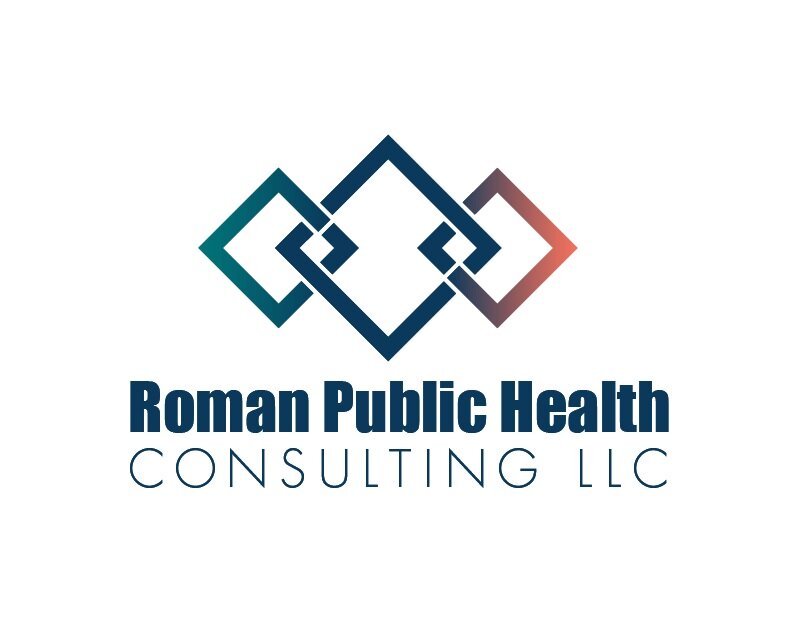National Public Health Week 2024: New E-learning Tools & Innovations
Happy National Public Health Week to all who celebrate! Today’s daily theme is new tools and innovations, so I’m highlighting four topics or trends that I anticipate will be a big part of the conversation in 2024 and I discuss implications for public health learning and development.
(1) Artificial Intelligence (AI)
Definition: The capability of computer systems or algorithms to imitate intelligent human behavior (Merriam-Webster Dictionary).
There has been lots of talk in the public health community about the implications of AI for our field. For example, how it can successfully be used by public health organizations and how it can be integrated into essential functions like preparedness and response.
AI is also a very hot topic within e-learning and instructional design. I think Christy Tucker is right on when she predicts that AI “will augment and adapt, but not replace instructional designers.” We’ll still need to be hands on with needs analysis, collaboration with subject matter experts, etc. But there is definitely a role for AI in areas such as:
Voiceover work (courses and instructional videos)
Analyzing evaluation data and trends
Developing personalized learning experiences
Enhancing accessibility features
(2) Microlearning and Nanolearning
Definitions: Both are bite-sized courses, complete in themselves. (elearningindustry.com)
Microlearning is a self-contained course which focuses on a specific learning objective, having its own knowledge checks and summary.
Nanolearning is also a bite-sized training course but shorter and crisper than microlearning. It is ideal for refresher training.
Microlearning modules are generally 15–30 minutes long, while nanolearning spans 2–5 minutes.
I’m a BIG fan of “just in time learning” (aka enabling learners to obtain knowledge and skills at the moment of need), identifying “need to know” (vs. “nice to know) content, and creating modules that are small enough in scope to reduce overwhelm and allow learners to fit these educational experiences into their busy days and schedules. I hope to see these types of strategies used even more with our public health learners:
Mobile flashcards
Microvideos
Short audio clips
Fact or question of the day
Out loud explanations
Think about how appealing people find brief learning experiences with YouTube Shorts and Instagram Reels. There are strong implications for us to continue applying these strategies in public health and move away from always creating a full, long online course or training to solve every problem.
(3) Accessibility
Definition (Accessible): capable of being reached; capable of being used or seen; capable of being understood or appreciated (Merriam-Webster Dictionary).
I’ve been really excited to learn and follow discussions about making accessible online learning experiences. As I’ve previously written, accessibility should be discussed at the start of your planning phase, it should not be an afterthought.
Here are some new/updated accessibility resources and features that we should consider as we develop courses and trainings for the public health community:
There are great new trainings for creating accessible online courses in popular course authoring tools like Articulate 360 (e.g., this new course from Yukon Learning).
Zoom has been adding accessibility features like live transcription.
There are also some wonderful disability advocates I recommend following on LinkedIn (like Catarina Rivera, MSEd, MPH, CPACC) who regularly offer recommendations and highlight resources relevant to creating and launching e-learning experiences. I’m linking to a recent post from Catarina that highlighted accessibility features on Slack, Google Chrome, Loom, Zoom, and LinkedIn.
(4) Expanded Podcast Learning Opportunities
Definition Podcast: a program (as of music or talk) made available in digital format for automatic download over the Internet (Merriam-Webster Dictionary).
There are a lot of amazing public health podcasts. Some of my favorites are: Public Health On Call, the Public Health SPOTlight Podcast, and the Public Health Epidemiology Conversations Podcast.
When we think about learning innovations, one question is how the podcast format can be adapted or integrated into larger learning experiences (and as always- how are we evaluating those experiences).
I’m seeing some cool podcast-related stuff in 2024!
Your Instructional Designer has a “Podclass” called The Social Learning Lab, which explores social learning in the workplace. Their podcast has an accompanying community and learners leave with actionable insights and hands-on application activities.
Thinkific (a popular learning platform) is partnering with Spotify (which many people use to listen to podcasts) on a new test program, aimed at giving users access to trial and purchase video learning content, right from the comfort of their Spotify app home screen.
I think there is a lot we as public health instructional designers can learn from these innovative uses of podcasts and easily accessible video content.
I’d Love To Hear From You!
What new learning tools or trends are you following (and excited about?)
If you’ve used some of the strategies or tools above (e.g., enhanced accessibility features, AI, etc.)- please share your experiences in the comments.

